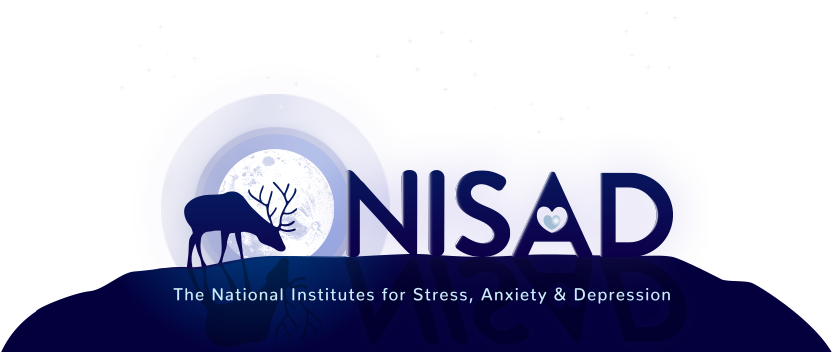We all experience stress differently in different situations
So we all have our own unique collection of signs that indicate that we could be experiencing excess-stress.
Stress can affect us physically and emotionally, and it can impact our behaviour. Sometimes we can quickly recognise the signs that we are experiencing excess-stress. And sometimes it builds up over time and we don’t notice until we feel we’re at breaking point.
Below are some of the signs and symptoms of excess-stress. However, it’s important to note that having any of these symptoms doesn’t necessarily mean you are experiencing excess-stress and there may be other reasons. If you are concerned we would always recommend you check with your doctor to investigate possible reasons.
How we might feel (emotional signs):
- Excessive worry or fear
- Increased irritability
- Frequent low mood
- Easily frustrated
- Low motivation
- Difficulty relaxing
- Feeling of losing control or wanting to take control
How we might act (behavioural signs):
- Over- or under-eating
- Increased use of stimulants such as alcohol, drugs or cigarettes
- Poor concentration
- Forgetfulness and/or disorganisation
- Poor judgement
- Social withdrawal
How we might be physically affected:
- Headaches
- Rapid heartbeat and shallow breathing
- Sweating
- Trouble falling asleep or staying asleep
- Muscle tension
- Chronic pain e.g. ongoing backache
- Digestive problems
- Susceptibility to illness
- Acne
- Decreased energy
- Loss of sexual desire
- Chest pain
- High blood pressure
It’s important to pay attention to our own individual reactions to excess-stress. It can be helpful to write a note to ourselves that we check from time to time. Using the signs and symptoms above, write a list of how you know when you’re experiencing an overwhelming amount of stress.

Janine Miller
Clinical Director at NISAD Lund, Sweden
MSc Psychotherapy, Certified Transactional Analyst (CTA)

